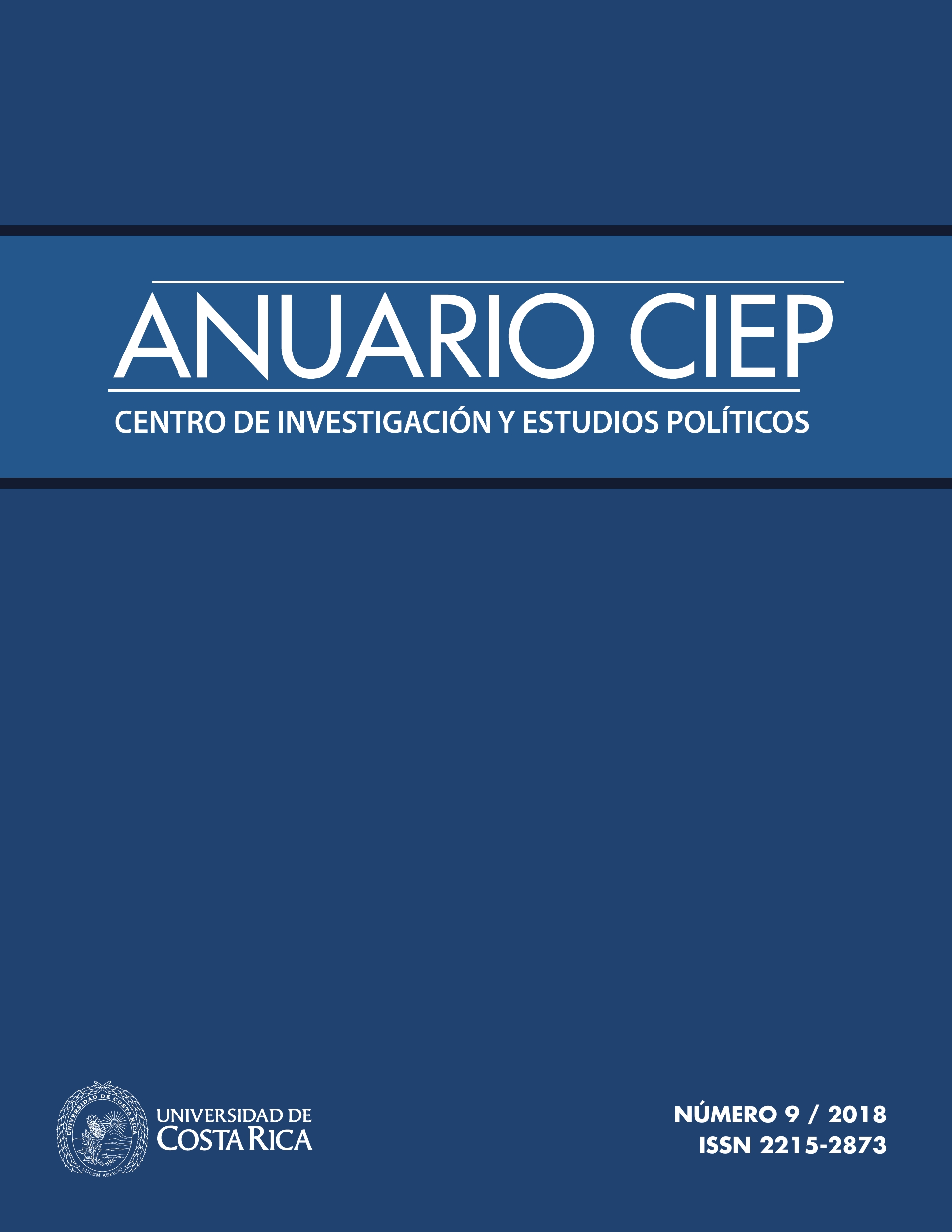Resumen
Este artículo analiza las Unidades de Policía Pacificadora (UPPs) de Río de Janero, las cuales, desde diciembre del 2008, se han encargado de tomar el control de algunas de las favelas de la ciudad que eran ocupadas por grupos criminales fuertemente armados. Mediante el uso de los conceptos de“necropolítica” de Mbembe y de “pacificación” de Neocleous, se demostrará que en estos espacios el control policial está fuertemente marcado por su pasado colonial. En particular, en los últimos cuarenta años ha quedado claro que, para quienes han gobernado la ciudad, la vida de los habitantes de las favelas por sí misma no tiene ningún valor y que la decisión de dejarlos vivir o hacerlos morir está subordinada a intereses económicos. Antes del proceso de pacificación, las autoridades locales, apoyadas por la opinión pública, fomentaban la letalidad policial en las favelas, mientras que la permanencia de las UPPs se caracterizó por el intento de ocultar el necropoder de la policía en estos territorios y por querer transformar la imagen de los residentes con la intención de apoyar procesos de atracción de capitales internacionales que la ciudad implementó en la última década. En fin, se profundizará sobre los motivos que llevaron los agentes de las UPPs a considerar que su principalmisión es la de “civilizar” la población de las favelas. El análisis propuesto en este artículo es el resultado de un estudio etnográfico desarrollado principalmente junto a miembros de tres Unidades de Policía Pacificadora entre el 2013 y el 2015.

